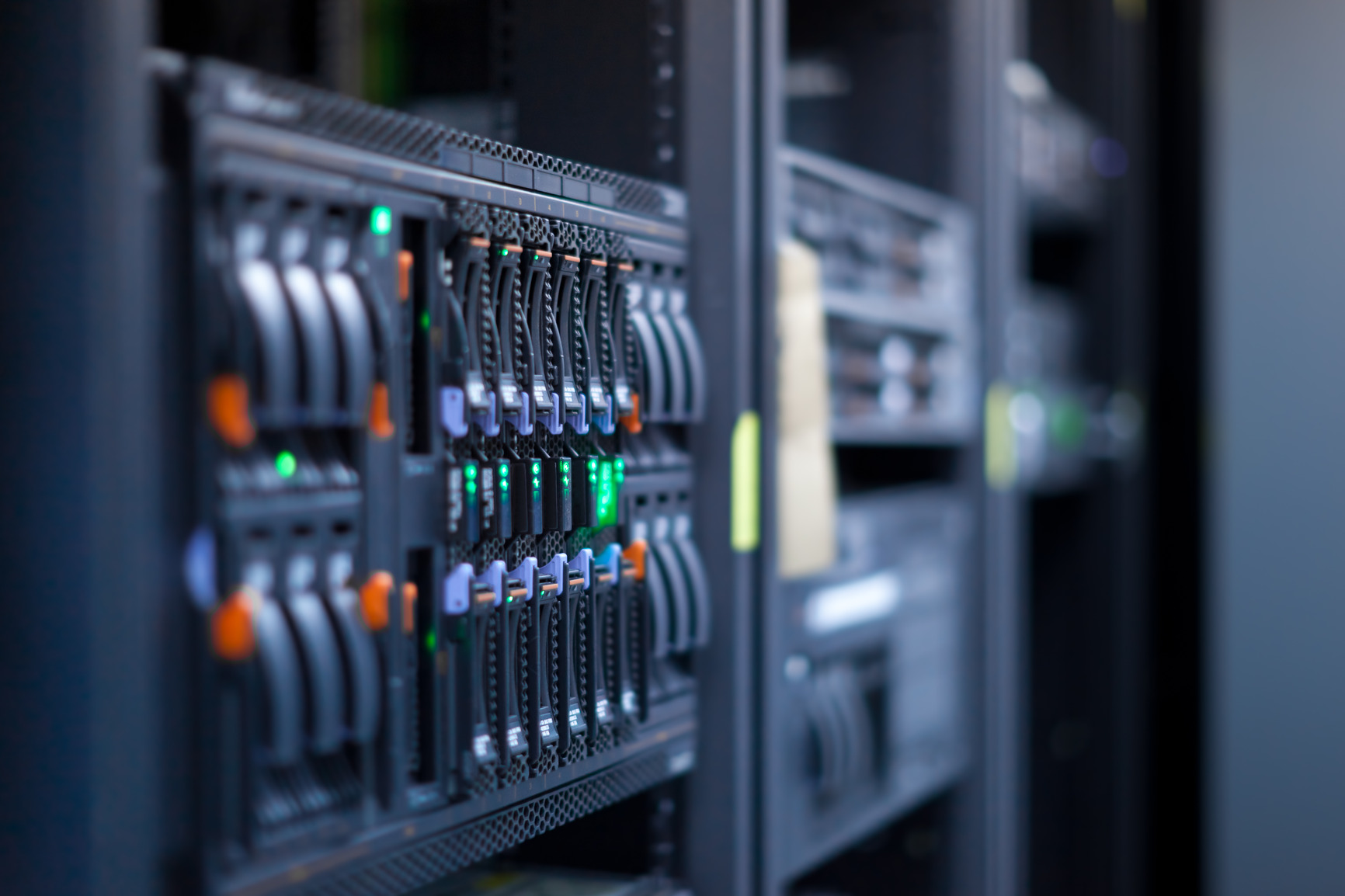Remote desktop hosting is storing documents, files, and software programs on multiple servers in data centers. Your laptop, desktop PCs, or other surrounding gear are not being stored with them immediately.
You may learn more about (the following link takes you to a website in English) remote desktop hosting at the provided link and find out which companies are the finest at letting you connect to the «host» computer remotely online.
Let’s examine how remote desktop hosting functions and the advantages that will influence your decision to obtain and use it.
How Remote Desktop Hosting Operates
Pairing your laptop to your business computer enables you to access records, operate programs, copy papers, and more without having to physically go to work. Therefore, this can be an illustration of a remote desktop. The host item need not be a computer, though. The environment is a host or virtual server in several commercial use cases.
With a remote desktop, the operating system and software are powered by the host controller and are displayed on the client machine. The customer device’s keypad and mouse actions are recorded by remote desktop software and sent back to the host computer.
Without regard to location, users can access the server with remote desktop hosting, which:
- Acquire access to business data
- File documents
- Refresh documents
9 Reasons Why You Should Utilize Remote Desktop Hosting
Now that you have learned how remote desktop operates, it’s time to explore the benefits of utilizing remote desktop hosting.
#1: Simple Integration
Remote hosting enables simple system compatibility regardless of the technology or software configuration.
#2: Easier Service
Maintaining the remote hosting model and providing support are both crucial. Additionally, your remote desktop hosting company fixes and sets up issues.
#3: Value
You can save money using remote server hosting to reduce the need for pricey licensing resulting from concurrency configurations. Additionally, you are spared the expense of purchasing technology infrastructure, such as:
- Network resources
- Cabling
- Servers
#4: Low Investment Risk
Generally speaking, remote hosting is provided using a pay-as-you-go business strategy. The freedom of adopting remote desktop hosting assures a small investment risk when compared to the initial cost associated with buying either software or hardware.
#5: Maintenance
Your remote desktop hosting company handles system administration, repairing worn-out infrastructure, applying patches and updates, and identifying and resolving problems.
#6: Storage
With remote desktop hosting, critical files are stored in the cloud rather than on a desktop. As a result, the highest level of protection for critical material is guaranteed. Data is thus secure even in the event of end-user device failure, loss, or theft.
#7: Computer Resource Allocation
Remote desktop hosting provides extra computation power to apps without changing every gadget. For small businesses that customers need greater computer capacity during seasonal periods, this lowers equipment expenses.
#8: Across-Device Support
Windows-based apps can be delivered via remote desktop hosting to operating systems such as iOS, Linux, Android, and Windows, whether computer or smartphone.
#9: Configuration
For smart technologies, configuration time is drastically cut down. Once a new phone is established, users may simply connect to their online programs or computers and continue work because the apps or computers are supplied from the cloud and not saved on the device.
5 Factors to Keep in Mind When Choosing Your Remote Desktop Hosting Service
You must keep an eye on many aspects before selecting your remote desktop hosting provider. Below are a few factors you must keep in mind to make the right decision.
#1: Mobile Access
To use the «remote working» option, seek providers who can give you the option of accessing the virtualized desktop’s control center using a smartphone.
#2: Security Offerings
Find a trustworthy remote desktop hosting company that can give security protocols like encrypting data, password protection, two-factor verification, regular backup, and support options.
Additionally, examining their entrepreneurship security precautions, examine if they provide protective measures relating to firewalls, end-to-end encrypting, malware removal, antivirus, etc.
#3: Data Center
It would be best if you found out more about the data center of your desired hosting service supplier. Verify their SSAE-16 Type II auditing and HIPAA compliance.
#4: Reviews
You may grasp the host company’s reliability and select the best service by comparing reviews and testimonials.
#5: Uptime
Uptime is a crucial component of hosting services since it illustrates how easily end customers can access hosted resources. A good uptime rate should always be at least 99.5%. It is always advised not to choose that hosting provider if the percentage is below that level.
Conclusion
When it comes to connecting their widely dispersed workforce, businesses need remote desktop hosting more than ever. Remote desktop hosting is advantageous for large and small businesses, whether they are using remote desktops. By cooperating with a web host, firms can cut initial costs while improving safety, efficiency, and management.




